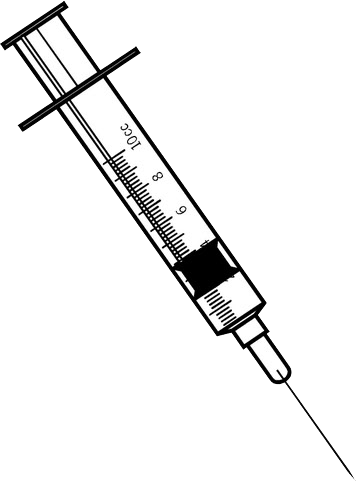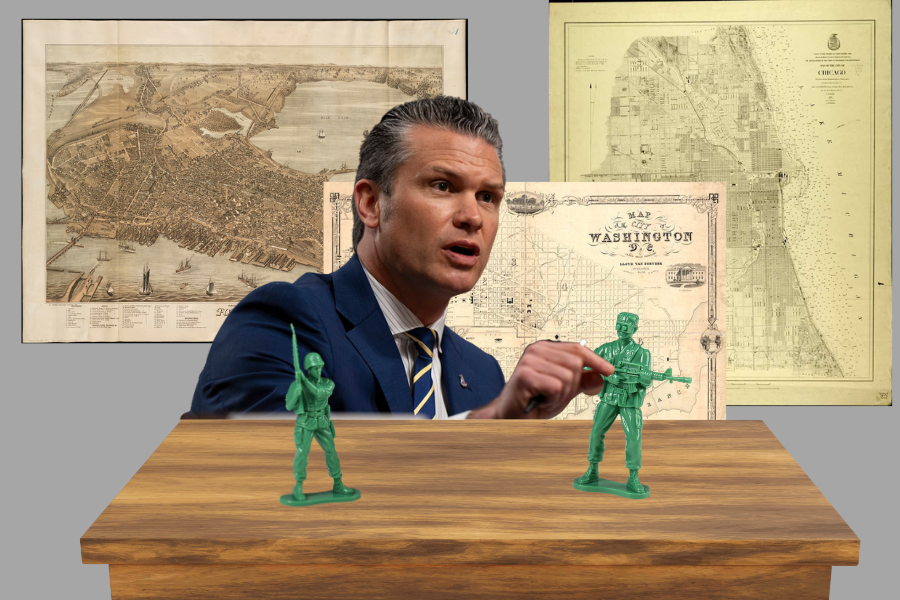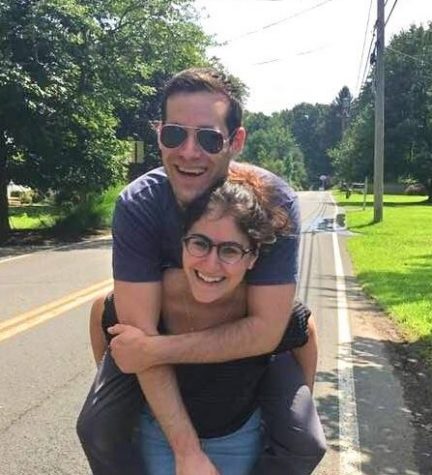
For those of us seriously concerned with the ever-failing war on drugs, Donald’s Trump’s presidency is proving to be as regressive on social and public health reforms as anyone thought, having taken the wrong step on yet another key issue.
Earlier this month, Trump passed three executive orders related to crime and justice, which bring to mind images of the Nixon and Reagan administrations’ deeply misguided rhetoric about drugs in this country. The outcomes of those policies were overpopulated prisons, racial discrimination, and — most ironically — no decrease in our country’s drug problems. Trump seems to be under the impression that by taking a tougher stance on drugs — which is precisely what led to our mess in the first place — he can win a war that nobody else could until now.
If there was anything to feel at ease about during Trump’s campaign, it was his uncharacteristic sensibility on certain drug-related issues. Unfortunately, his very characteristic dishonesty that is driving his actual actions. His campaign touted leaving marijuana laws up to the states, focusing on treatment for drug users, and increasing access to overdose reversal medicine. Unsurprisingly, the executive orders made no mention of any of these campaign promises. In fact, the slow but visible progress made under the Obama administration in reversing some of the damage done by decades of failing policy is soon to be lost.
It has become increasingly clear that our current criminal justice system needs to be reformed. Our country has the highest incarceration rate in the world, and most people imprisoned for drug crimes are nonviolent offenders, not to mention disproportionately minorities. Instead of reform, these executive orders only double down on issues like police force and harsh minimum sentencing.
Trump wants to see if building a wall or other ways of “getting tough” on the supply-side of the illegal drug trade will improve the drug problems in America. Luckily, history has shown us whether that approach works; the experiment has already been done, and it failed by virtually every metric. It would be a shame if we didn’t learn from our mistakes.
Putting all of our resources into hurting the supply will do nothing to mend the problem. People have been using drugs for thousands of years, not to mention currently legal ones such as alcohol, and there is no reason to think this demand will change. As history and basic economics have shown with alcohol, amphetamines, marijuana, and everything else: if there is a demand, someone will emerge to supply it, regardless of government efforts. A study by the British Medical Journal concluded that despite the billions of dollars spent globally on the drug war, drugs have become more widely available, cheaper, and purer.
Although it seems to make sense on the surface, the drug problem cannot be stopped by attempting to cut off the supply. Cutting off supply permanently is simply impossible. The key is to focus on the demand side, helping addicts with treatment and promoting truthful drug education and harm-reduction. Arresting and punishing drug users makes very little sense if our goal is to help them. Trump’s rhetoric about drugs “poisoning our youth” is touching, so the question is, why does he want to put them in jail?
These actions go against the belief of public health experts, economists, and most American citizens who believed the war on drugs has failed. For a president that brags about “smart people” and “experts,” he sure doesn’t seem to be listening to them.







